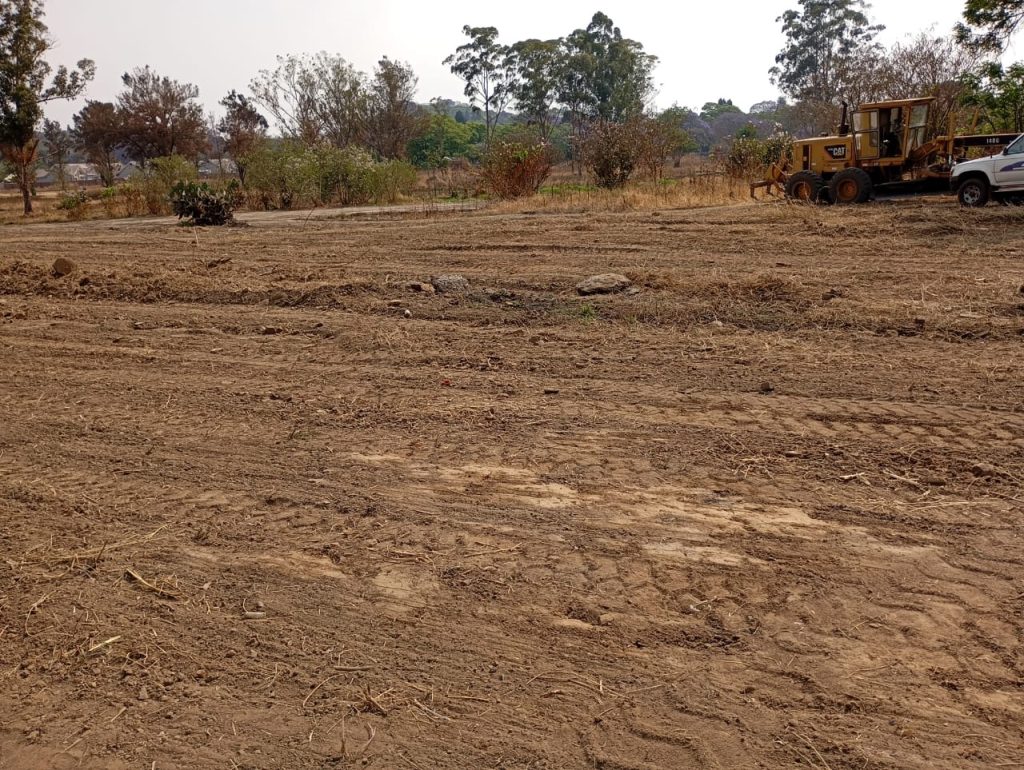By Staff Reporter
HARARE — Residents of Monavale and Meyrick Park have raised alarm over the ongoing destruction of protected wetland areas in their communities, accusing private developers of illegally clearing land within the internationally recognised Monavale Wetland Ramsar Site.
The outcry comes amid allegations that vast portions of State land within the wetland were irregularly acquired by a company linked to private interests, despite the absence of mandatory environmental or municipal approvals.
In a joint statement released on Tuesday, the Conservation Society of Monavale (COSMO), Sherwood Golf Club and Community Hub, and concerned residents condemned the developments as “wanton and reckless destruction” that undermines Zimbabwe’s environmental commitments.
The dispute has erupted just two months after Zimbabwe hosted the 15th Conference of the Parties (COP15) to the Ramsar Convention on Wetlands in Victoria Falls from July 23 to 31, 2025.
At the global event, the government pledged to strengthen protection of wetlands and now holds the Ramsar Convention presidency for the next three years — a symbolic role that residents say rings hollow in light of the current crisis.
Last week, residents were stunned to find heavy machinery grading portions of the Monavale Wetland, including parts of the Sherwood Golf Course and adjacent areas along Quendon Road.
The works were reportedly conducted without City of Harare permits or Environmental Management Agency (EMA) approval.
EMA subsequently fined one of the developers, identified as Tiripano of TripTrans, for violating section 97(2) of the Environmental Management Act, but the activity continued unabated until police briefly detained two workers on October 4 before releasing them.
Investigations by residents suggest that approximately 11 hectares of the wetland were allocated to Cablemail (Pvt) Ltd in October 2021 through a Deed of Grant issued by the Ministry of Local Government — a transaction they say was executed under unclear and potentially illegal circumstances.
Stakeholders are demanding an urgent inquiry to establish whether State officials sanctioned the disposal of land within one of Zimbabwe’s seven designated Wetlands of International Importance.
“Seeing the grader scraping away a portion of the Monavale Wetland this week was utterly devastating,” said Dorothy Wakeling, a Monavale resident and long-time member of COSMO.
“We know what we are losing this wetland is vital to Harare’s water supply.
“The policy of city densification must be balanced with water security. When the wetlands are gone, where will the extra water come from,” added Wakeling.
Sherwood Golf Club’s chairperson Briggs Bomba described the situation as a “blatant land grab,” accusing land barons of exploiting weak governance to seize community commons.
“We call on the whole community to join the fight for the preservation of the Monavale Wetland ecosystem, which forms part of our shared ecological heritage of Harare,” he said.
Environmental experts warn that Harare’s wetlands — which serve as natural sponges that store, filter, and release water into Lake Chivero and other reservoirs — are being decimated by unregulated urban expansion and illegal land allocations.
The result, they caution, is a worsening urban water crisis, with many residents already dependent on boreholes that are rapidly depleting groundwater levels.
The joint statement highlights several urgent grievances, including the destruction of wetlands and loss of biodiversity, lack of transparency in the land allocation process, violation of Zimbabwe’s international obligations under the Ramsar Convention, and increased water stress as a result of wetland degradation.
The residents and conservation groups are calling on Harare mayor Jacob Mafume, environment minister Evelyn Ndlovu, and local government minister Daniel Garwe to immediately halt all land clearing, investigate the alleged illegal acquisitions, and strengthen enforcement of wetland protection laws.
“This is not just a local issue — it’s a national crisis that strikes at the heart of our water security.
“We urge all Zimbabweans to join hands in defending our wetlands for the sake of current and future generations,” the joint statement read.
The Monavale Wetland, part of the Upper Manyame catchment, remains one of Harare’s last remaining natural floodplains.
Its destruction, environmentalists warn, could accelerate the capital’s descent into an even deeper water and ecological emergency.



